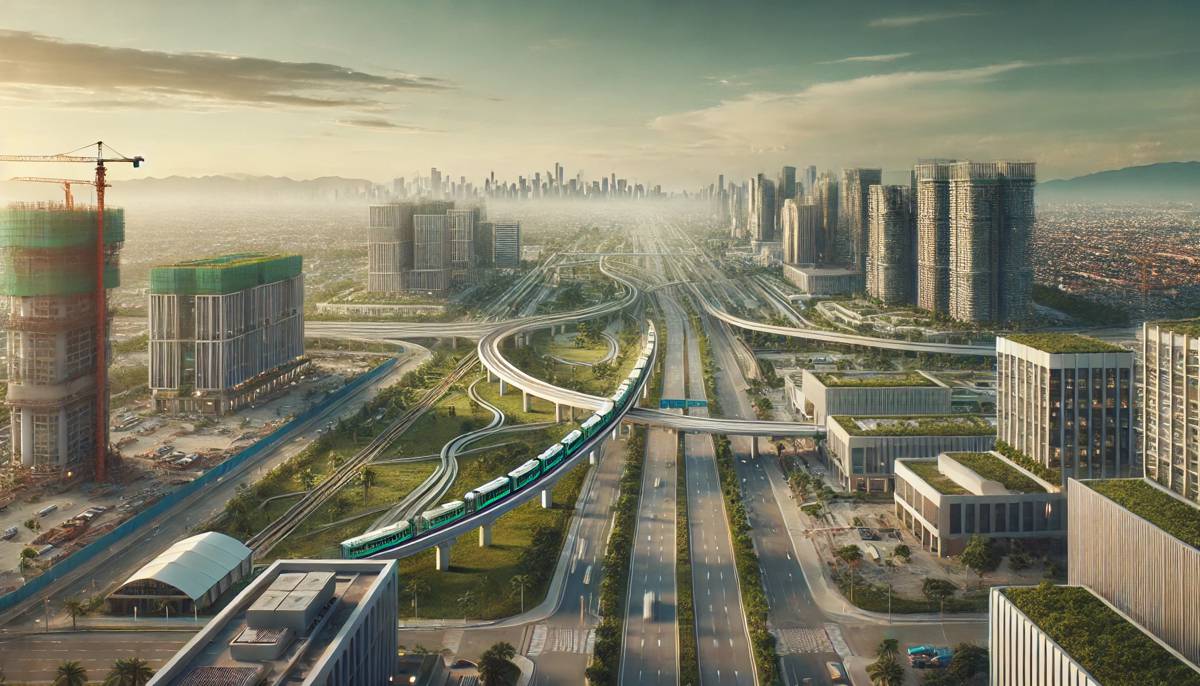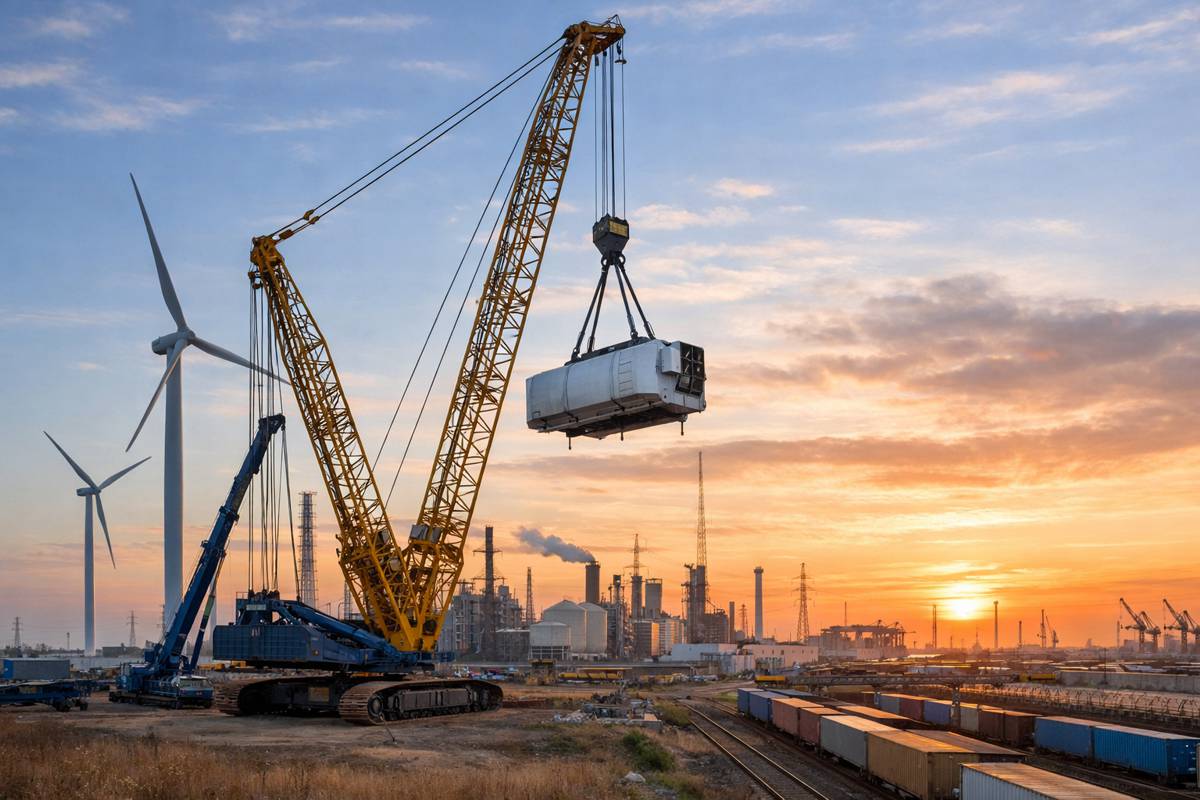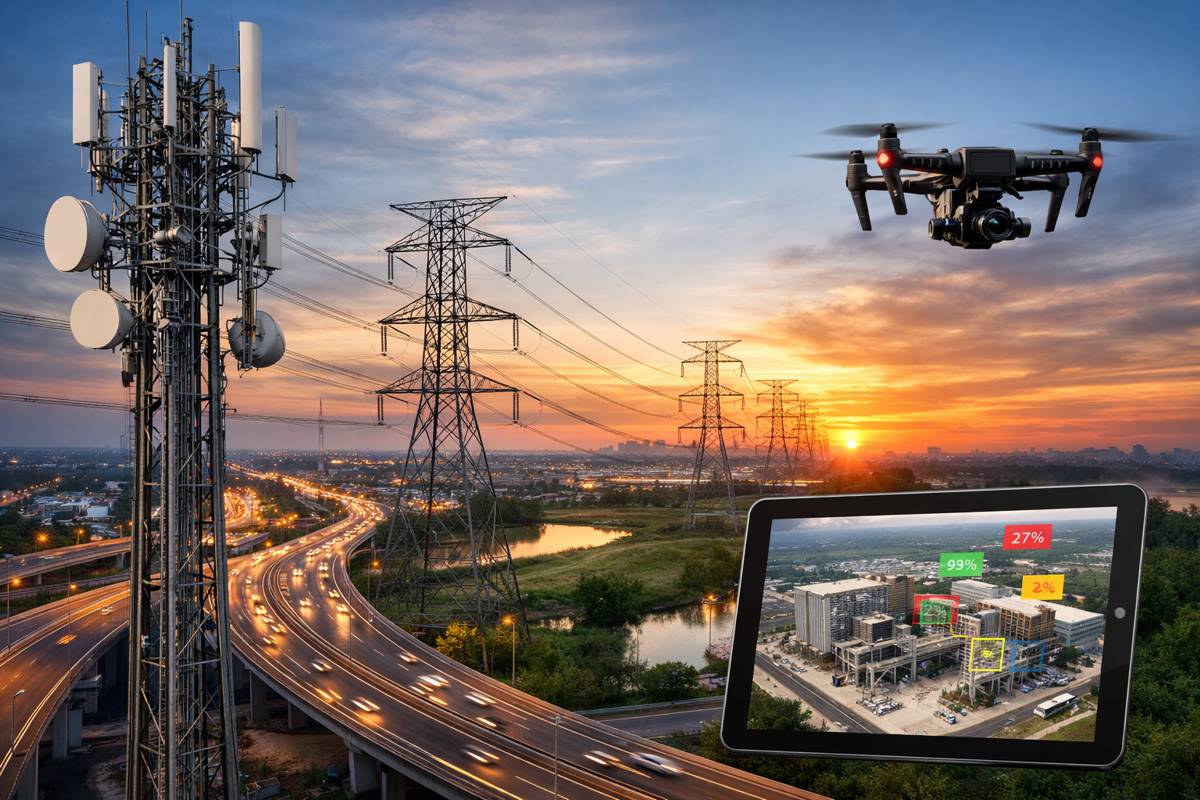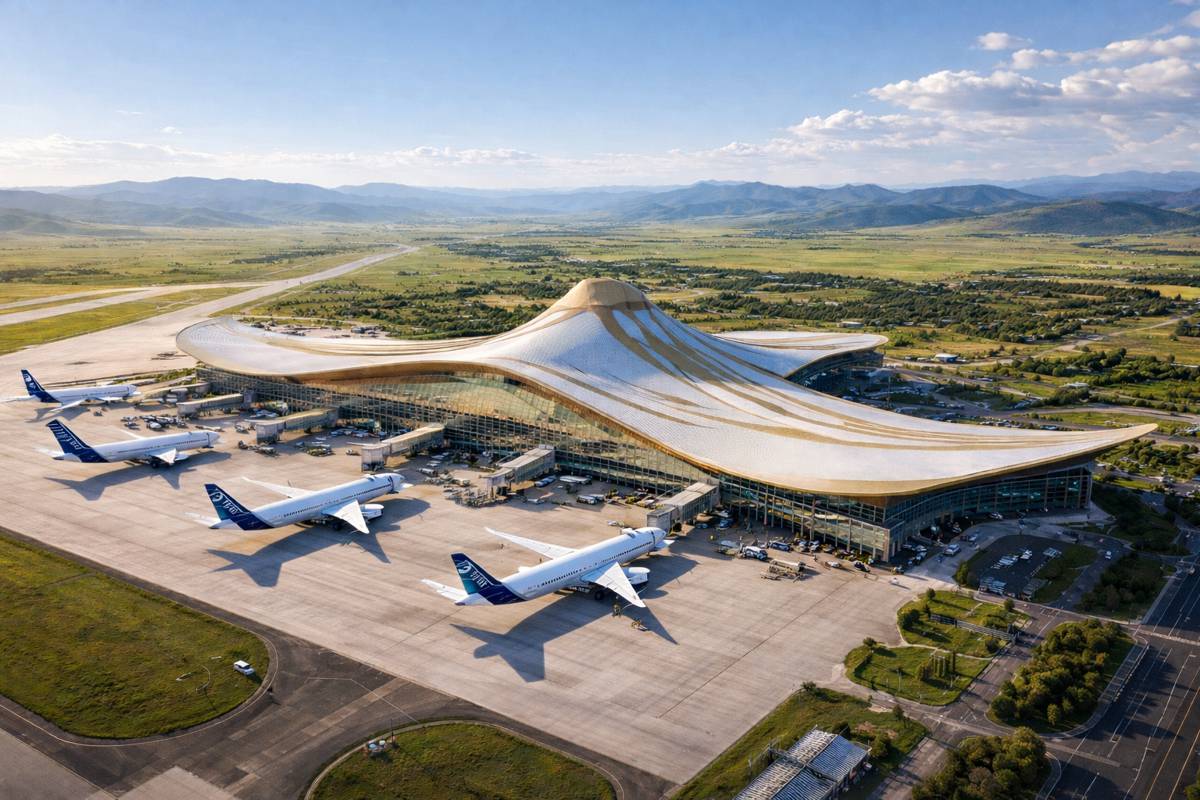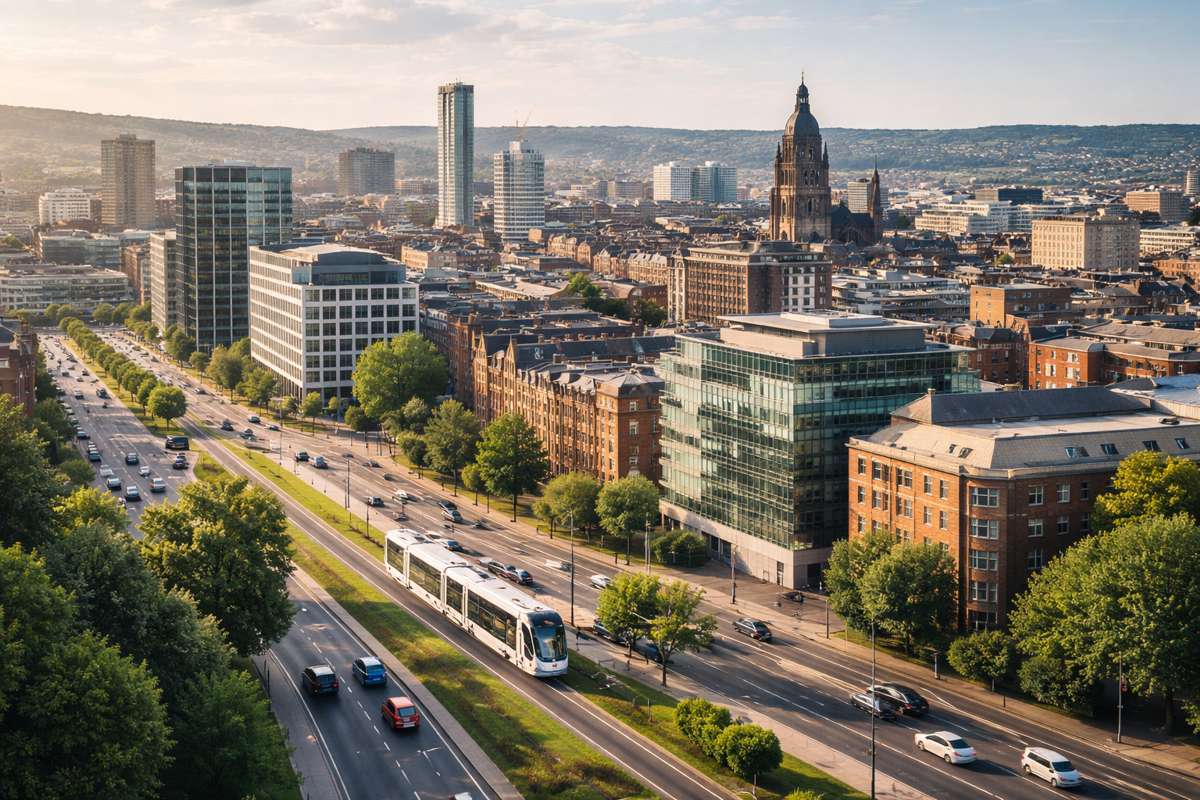ADB Strengthens Public-Private Partnership Framework in the Philippines
The Asian Development Bank (ADB) has reaffirmed its commitment to fostering sustainable development in the Philippines by approving a $30 million loan aimed at bolstering public-private partnerships (PPPs). This initiative is expected to enhance infrastructure development, drive climate action, and boost economic competitiveness—a triple win for a rapidly evolving nation.
At the heart of this initiative is the replenishment of the Project Development and Monitoring Facility (PDMF). Managed by the government’s Public-Private Partnership Center (PPPC), this facility provides the financial and technical backbone needed to design and implement viable PPP projects. By enhancing the capacity of local government units (LGUs) and implementing agencies, the loan aims to pave the way for transformative projects across the country.
“The Philippines is considered one of the leaders in Asia and the Pacific in leveraging PPPs to address infrastructure gaps while pursuing sustainable growth,” said Pavit Ramachandran, ADB’s Country Director for the Philippines. “This new loan ensures the preparation of feasible, climate-resilient PPP projects while tapping global expertise to guarantee successful implementation.”
Climate-Resilient and Community-Focused Projects
Between 2025 and 2029, the loan is projected to support up to 35 national and local PPP projects. These will span a wide range of infrastructure needs, from railway systems and road networks to essential community facilities. A defining feature of this initiative is its commitment to climate risk screening, ensuring alignment with the Philippines’ nationally determined contribution under the Paris Agreement.
The emphasis on sustainability doesn’t stop there. These projects aim to improve living standards across the country, fostering long-term socio-economic benefits. Whether it’s enhanced transport connectivity or upgraded public amenities, the overarching goal remains clear: creating a more inclusive and resilient Philippines.
Building Capacity for Long-Term Success
Recognising that successful PPP implementation requires more than just funding, ADB’s support extends to capacity building. A comprehensive programme will be rolled out to strengthen the expertise of the PPPC, LGUs, and implementing agencies in managing PPP projects.
Furthermore, the loan will facilitate the creation of evaluation frameworks for emerging PPP sectors, addressing diverse demands. A contingent liabilities evaluation framework will also be introduced, ensuring fiscal sustainability in the face of expanding PPP portfolios.
The Role of Policy and Technical Assistance
ADB’s involvement in the Philippines isn’t new. Over the years, it has championed an enabling environment for infrastructure development through policy loans and technical assistance. Key milestones include the Expanding Private Participation in Infrastructure Programme and the formulation of the PPP Code’s Implementing Rules and Regulations. These efforts underscore ADB’s holistic approach to driving infrastructure progress.
With the new loan, ADB aims to build on these foundations. The support complements other initiatives, such as the recently approved Public Financial Management Reform Programme Subprogram 1, further solidifying the framework for effective PPP execution.
ADB’s Enduring Commitment to the Region
Established in 1966, ADB has consistently worked towards creating a prosperous, inclusive, resilient, and sustainable Asia and the Pacific. Owned by 69 members, 49 of whom are from the region, ADB’s mission extends beyond eradicating poverty to fostering innovation and resilience across its member nations.
In the Philippines, this mission translates into action through initiatives like the PDMF loan, which not only addresses immediate infrastructure needs but also positions the country as a regional leader in sustainable development. By leveraging private sector participation, ADB continues to push the boundaries of what’s possible in infrastructure financing.
Towards a Sustainable Future
The ADB’s renewed support for PPPs in the Philippines is more than a financial injection; it’s a commitment to fostering a future where infrastructure serves both the people and the planet. With its eyes firmly set on sustainability, this initiative sets the stage for a transformative decade of progress.
